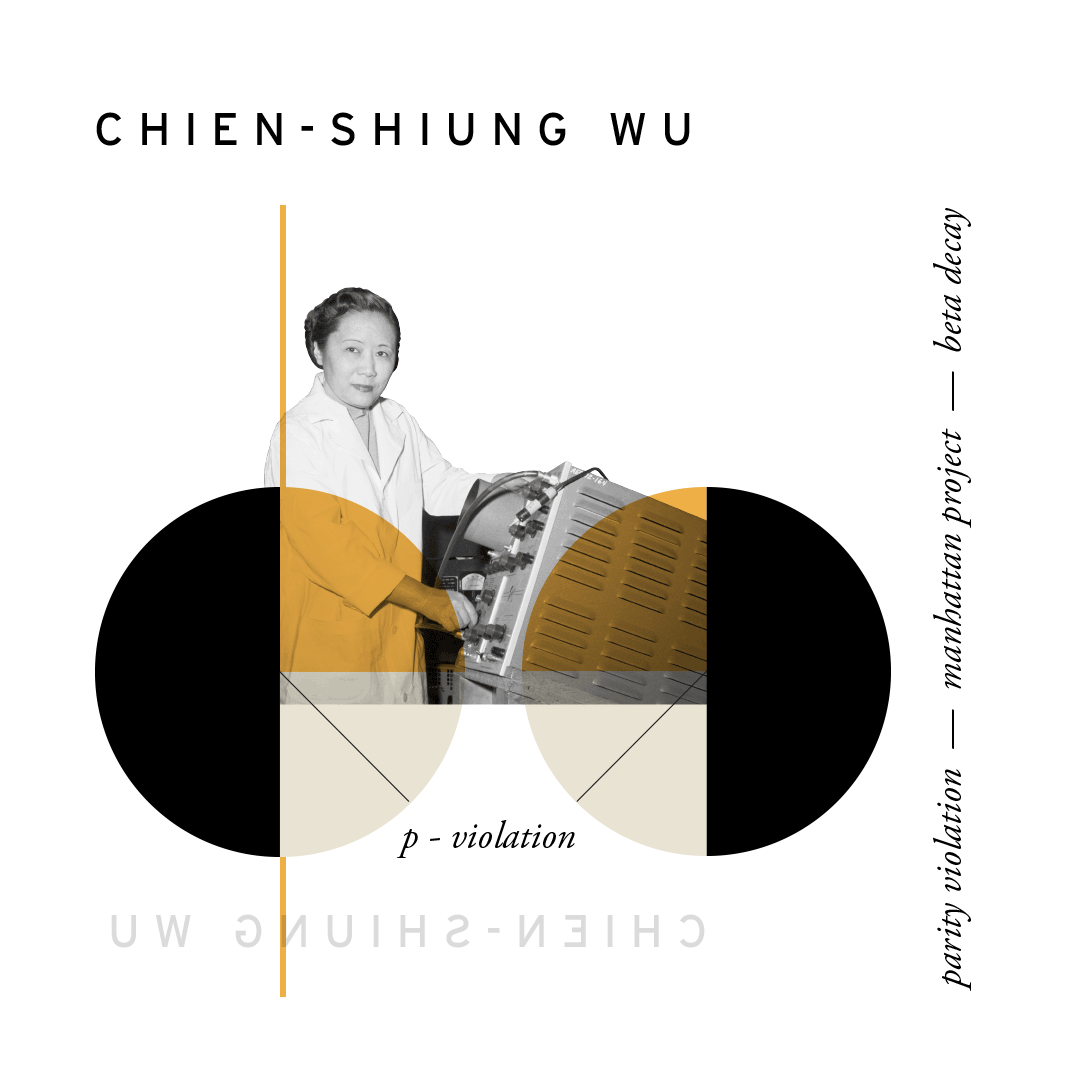
Chien-Shiung Wu
The First Lady of Physics

3/40
Chien-Shiung Wu was one of the most esteemed scientists of the 20th century but few have heard of her. She overcame numerous uphill battles to achieve many firsts in her lifetime. Wu was born in 1912 in Liuho, China, a time when her homeland forbade girls from going to school. After graduating from college in China, she embarked on a long steamship voyage to San Francisco where she joined Ernest O. Lawrence's lab at the University of California, Berkeley. There, as a grad student, she became known for her incredible work ethic, a reputation that would follow her for the rest of her career.
After receiving her Ph.D. at Berkeley she moved to the east coast and became the first female instructor in the Physics Department at Princeton. She moved to Columbia University for the Manhattan Project and was instrumental in helping develop the process for separating uranium metal into the U-235 and U-238 isotopes by gaseous diffusion for the development of the atomic bomb. Despite her contributions to the Manhattan Project and work with beta decay, a type of radioactivity in which an atomic nucleus emits energy transforming it into a new element, she was overlooked year after year for membership to the Columbia faculty. 8 years later, she was finally asked to join the faculty.
While at Columbia, she shattered a bedrock law of physics, disproving the "Law of Conservation of Parity". Unfortunately, she did not win the Nobel Prize for this discovery. Her colleagues Tsung Dao Lee and Chen Ning Yang won the Prize in 1957.
Despite the Nobel snub, Wu achieved many firsts in her lifetime. She was the first Chinese-American to be elected into the U.S. National Academy of Sciences. The first woman with an honorary doctorate from Princeton University, the first female President of the American Physical Society, elected in 1975, the first person selected to receive the Wolf Prize in Physics in its inaugural year of 1978, One of the first Chinese-American educators to travel to Red China for visits in the 1970s, and the first living scientist to have an asteroid (2752 Wu Chien-Shiung) named after her.
